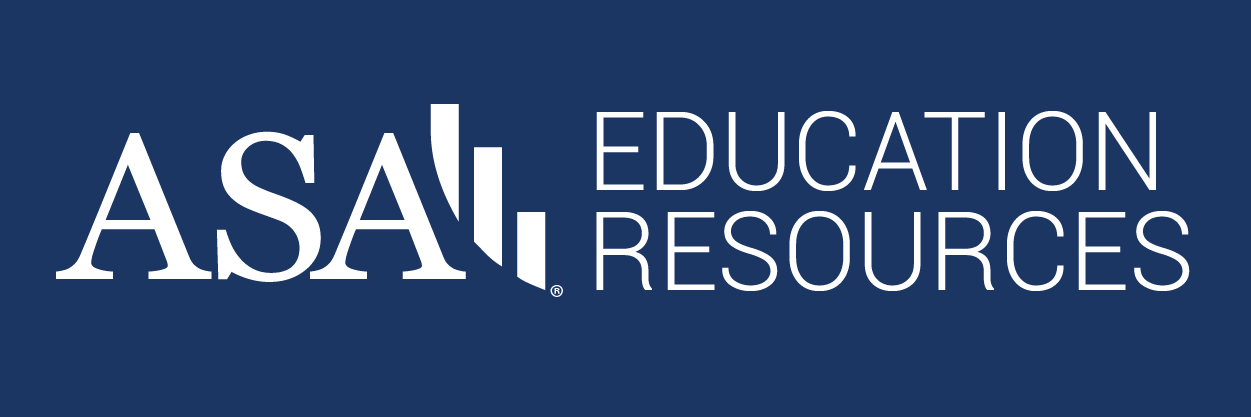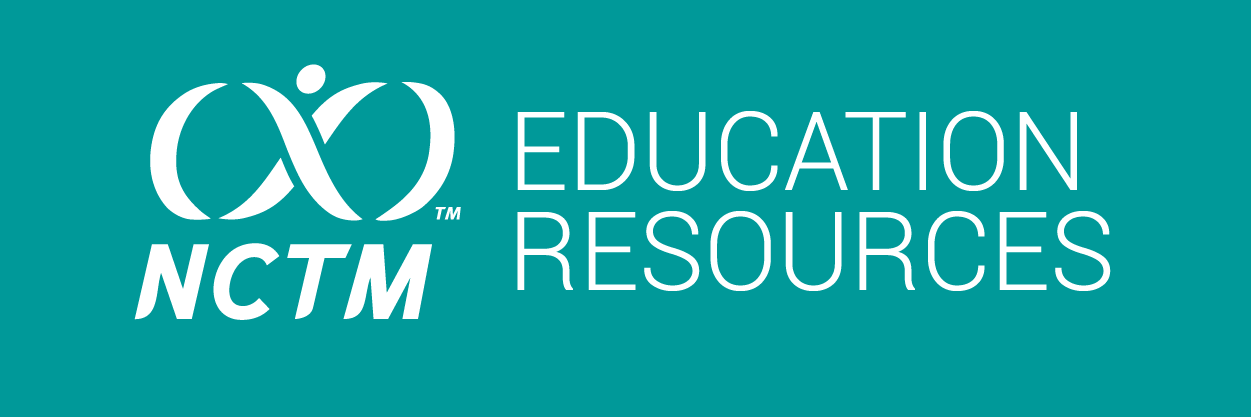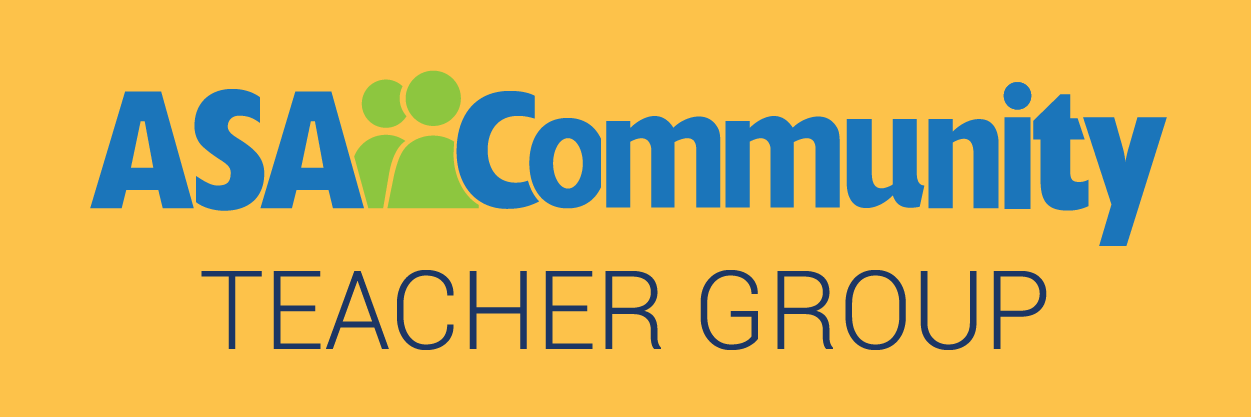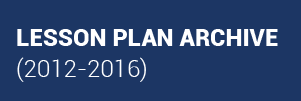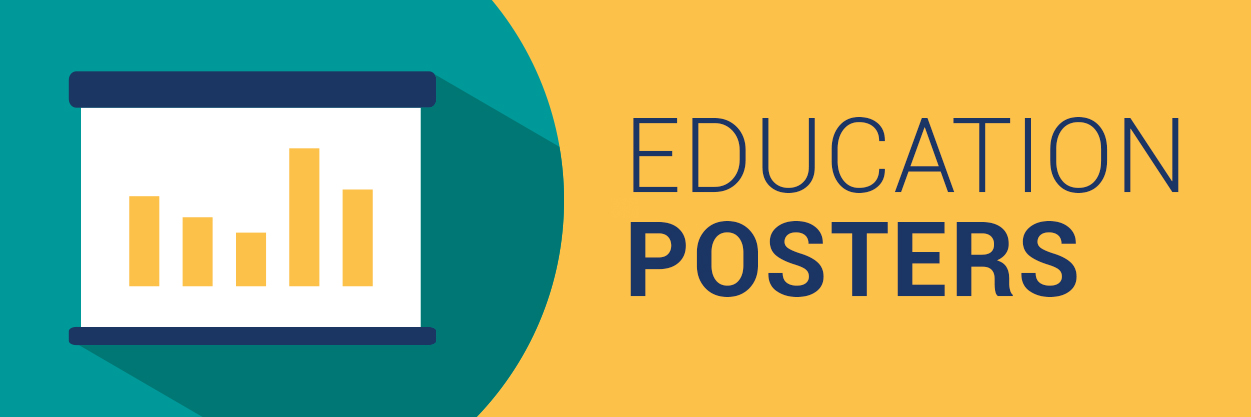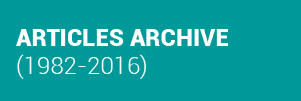Announcements: Winter
Upcoming Conferences
Meeting Within a Meeting (MWM) Statistics Workshop for Middle- and High-School Mathematics and Science Teachers
Denver, Colorado – July 30–31
Meeting Within a Meeting (MWM) Statistics Workshop for Middle- and High-School Mathematics and Science Teachers will take place in conjunction with the Joint Statistical Meetings. The workshop is meant to strengthen K–12 mathematics and science teachers’ understanding of statistics and provide them with hands-on activities aligned with the Common Core State Standards that they can use in their classrooms. The cost of the workshop is $50. Find more information and online registration at the ASA website. Scholarships are available.
Beyond AP Statistics (BAPS) Workshop
Denver, Colorado – July 31
The ASA/NCTM Joint Committee is pleased to sponsor a Beyond AP Statistics workshop at the annual Joint Statistical Meetings. Organized by Roxy Peck, the BAPS workshop is offered for experienced AP Statistics teachers and consists of enrichment material beyond the basic AP syllabus. The cost of the workshop is $50. Learn more and register online. Scholarships are available.
Do you know any middle- or high-school math and science teachers or experienced AP Statistics teachers who might be interested in attending these workshops? Please encourage them to attend. We are also encouraging chapters to consider sponsoring one or more teachers from their area to attend the workshops. Questions should be directed to Rebecca Nichols, the ASA’s director of education.
Upcoming Deadlines
COMAP’s Mathematical Contest in Modeling and Interdisciplinary Contest in Modeling (MCM/ICM)
January 24–28, 2019
The MCM, now in its 35th year, is a unique international contest for high-school students and college undergraduates. The ASA is lending its support this year through the Data Insights Award. See the MCM website for details and to register.
Entries Wanted for 2019 A-Mu-Sing Competition
Deadline is March 10
The Consortium for the Advancement of Undergraduate Statistics Education (CAUSE) is seeking jokes, cartoons, poetry, songs, and videos with fun content relevant to statistics or statistics education for its A-Mu-Sing contest, which is open to all. Up to $1,000 in prizes will be awarded. Make this a class assignment as a great way to get your students involved in thinking creatively about statistics (past winners have included high-school, undergraduate, and graduate students and faculty).
Grants, Awards, and Scholarships from the Mathematics Education Trust
Deadlines in May of 2019
The Mathematics Education Trust (MET) provides grants, awards, and scholarships for NCTM members. Start preparing proposals now for the MET grants with a May 3 deadline.
Resources and Opportunities
New Data Science MOOC
The Johns Hopkins Data Science Lab recently released Chromebook Data Science, 12 pay-what-you-want online data science courses. These massive open online courses (MOOCs) can be completed on the Leanpub platform by anyone with basic computer skills who can read, write, and do basic math. Because of this lower prerequisite, the program can be a useful resource in K–12 data science and data literacy education. Thanks to cloud computing, all 12 courses can be completed on any computer that has access to the internet and a web browser. Another advantage of the program is that it focuses on soft skills such as communication, presentation, and how to do well in job interviews. If you are interested in using the curriculum in your classroom or school, contact the lab or learn more about the program.
April Is Mathematics and Statistics Awareness Month
The ASA is making plans for Mathematics and Statistics Awareness Month! We are looking forward to hosting a virtual science fair, broadcasting live videos with exciting statisticians, and providing a classroom poster. Past activities have included workshops, competitions, festivals, lectures, symposia, department open houses, math art exhibits, and math poetry readings. The goal is to increase public understanding of and appreciation for statistics and mathematics.
2018 Data Visualization Poster Competition and Project Competition Winners Announced
Winners of the 2018 poster and project competitions were announced in Amstat News and recognized with plaques, cash prizes, certificates, and calculators.
Build Quantitative Literacy with Graphs
What’s Going On in This Graph? is a free, weekly online feature of the ASA and New York Times Learning Network. New York Times graphs of different types and context act as a springboard for middle- and high-school students in any course to think critically about graphs. Graphs are released on Thursdays and, on most Wednesdays September to April, they are discussed online. Students respond to the following three questions:
- What do you notice?
- What do you wonder?
- What’s going on in this graph?
Teachers moderate in real time 9 a.m. – 2 p.m. ET on Wednesdays. At week’s end, the original article, additional questions, and “stat nuggets” are revealed. No statistics background is necessary.
US Census at School Clean and Messy Data Available
The ASA’s Census at School program is a free, international classroom project that engages students in grades 4–12 in statistical problem solving using their own real data. The students complete an online survey, analyze their class census results, and compare their class with random samples of students in the United States and other participating countries.
Census at School New Zealand hosts the random sampler for the international Census at School data, New Zealand data, and cleaned US data. Their online random sampler allows students and teachers to take random samples up to size 1,000 from the international, New Zealand, or US database and either download the data or start the online iNZight Lite software with the data already loaded and ready for analysis.
Census at School provides a random sampler of USA Census at School data for download (raw, messy data).
Watch a webinar about using free online CODAP software to analyze Census at School data.
NCTM’s Catalyzing Change
Today’s students face a future in which there is an increasing need for mathematical and statistical skills to be used in the workplace and to make sense of our world. As a high-school teacher, leader, administrator, or counselor, part of your profession involves helping ensure students are prepared for both personal and professional success. NCTM’s new publication, Catalyzing Change in High School Mathematics: Initiating Critical Conversations, is a must-read for anyone involved in high-school mathematics education.
GAISE Now in Spanish!
Free downloads of the Spanish translation of the K–12 report and the English K–12 and college reports are available.
New Episodes of STATS+STORIES Podcast Available
The ASA has partnered with the Stats + Stories group at Miami University, a collaboration between statisticians and journalists producing podcasts that give the statistics behind the stories and the stories behind the statistics. To listen, visit the Stats+Stories website or iTunes.
Statistics Education Webinars
The ASA offers free webinars on K–12 statistics education topics. Recently posted webinars include “Making Data Moves Using Free, Online CODAP Software with Census at School Data” by Bill Finzer, “Data in Our Daily Lives” by Anna Bargagliotti, “Building Statistical Literacy with New York Times Graphs” by Sharon Hessney, and “Perspectives on Data Science Education at the School Level” by Bill Finzer and Tim Erickson. This series was developed as part of the follow-up activities to the Meeting Within a Meeting Statistics Workshop. NCTM also offers webinars on math and statistics education topics.
Teaching Statistics Trust Lecture Recording
Christine Franklin, the ASA’s K–12 statistical ambassador, presented the 2018 Teaching Statistics Trust Lecture in three locations, including Cardiff and Plymouth in the United Kingdom, in September of 2018. The title of her talk was “Statistical Problem Solving: The Art and Science of Learning and Teaching from Data.”
The Teaching Statistics Trust Lecture is an annual series, organized by the Teaching Statistics Trust. It is aimed at introductory statistics teachers—typically in secondary schools, colleges, or early years of university—across all disciplines.
Franklin’s lecture focused on her development in the teaching and learning of statistics highlighted by what she referred to as “light bulb” moments, the influence of key people and publications, the use of the statistical problem-solving paradigm in teaching and learning, pivotal events through experience with solving personal problems using statistics, writing a textbook about statistics as an art and science, teaching students to ask the right questions up-front (to help solve problems), co-authoring a manual about evidence-based ways for teaching and assessing statistics at all levels, chairing a committee asked to write a report about the statistical education of teachers, recognizing the importance of producing more people educated in statistics, and recognizing the link between the emerging field of data science and problem solving using big data.
Feedback Requested
The Department of Education is Seeking Feedback About Grant Program
The STEM Education Coalition would like your help providing feedback to the Department of Education regarding the Education Innovation and Research (EIR) grant program and its effects on STEM education. They have compiled a survey for you to provide feedback about how well aligned the department’s latest round of roughly $100 million in discretionary STEM grants is with the needs of the STEM community. The survey contains explanatory instructions and links to additional background materials on the awards. All responses are anonymous.
Your Access to and Use of Education Research
The Institute of Education Sciences (IES) funds educational research and is interested in teachers’ and educators’ views about educational research and how they access and use it. Your input as a mathematics and statistics educator will be combined with 50+ other educator associations to assist IES in considering how to better use their resources.
Share your insights in an anonymous 15-minute survey to inform next steps. At the end of the survey, you will have the opportunity to enter your name into a drawing for one of three iPads.
Submit Lesson Plans and Articles to Statistics Teacher
Please consider submitting some of your K–12 statistics lesson plans for publication or writing and sharing an article. For more information, see the ST submission guidelines or contact the ST editors.





